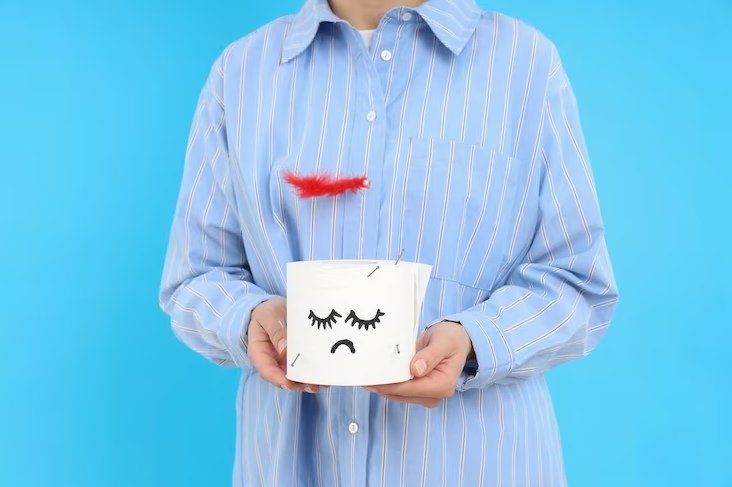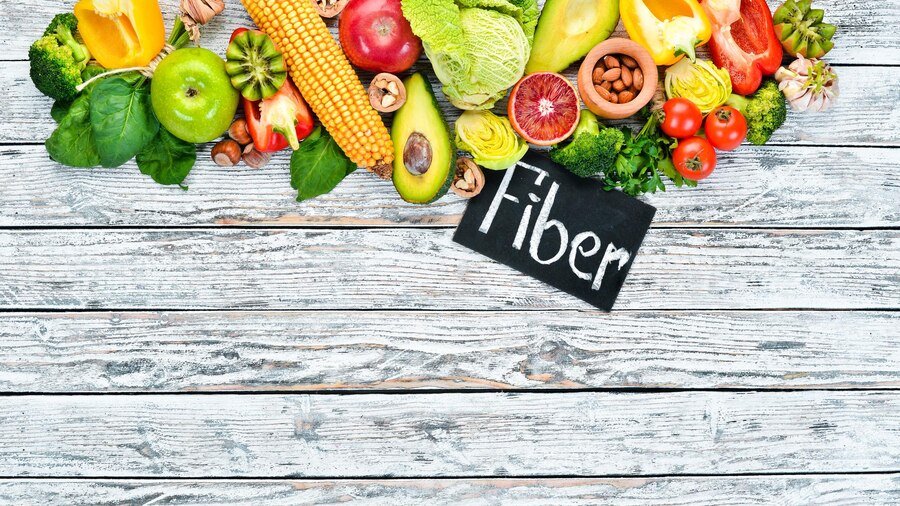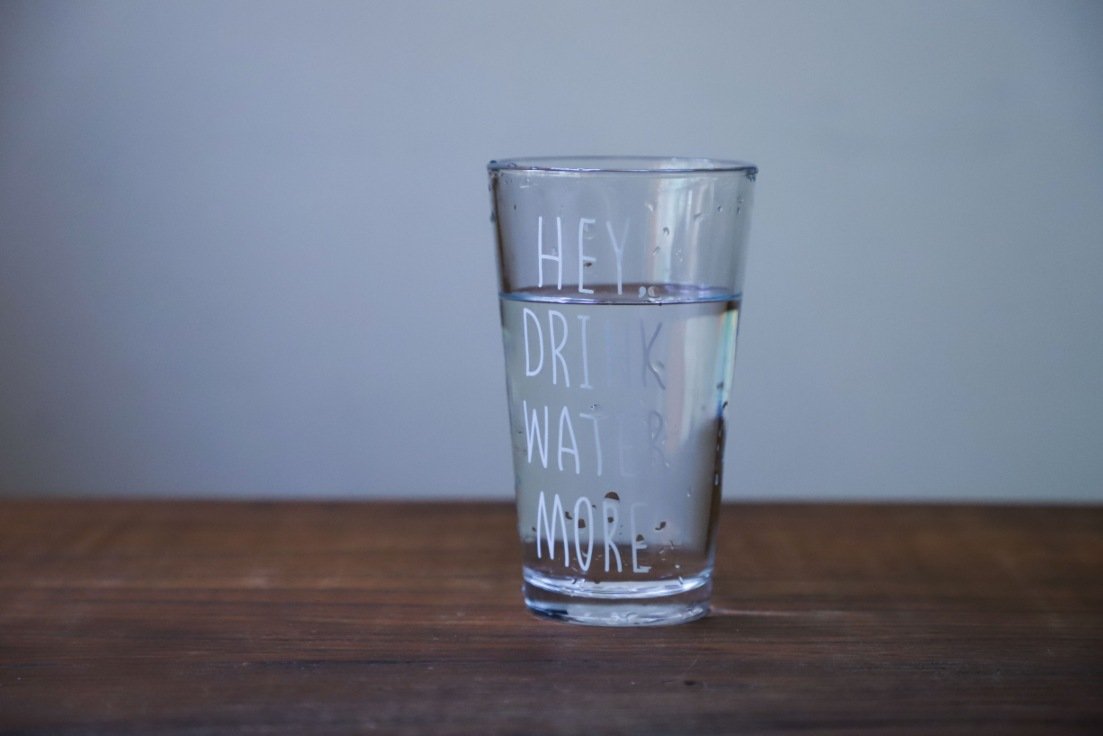
A fissure is a tear or a wreck inside the veneer of the anal channel (the end portion of the large intestine, where stool comes out of the body) is called an anal fissure. Most of the symptoms of an anal fissure contain anguish, hemorrhage, itchiness, and trouble during bowel movements. In cases of superficial fissures, though they are odious and might cause hemorrhage, they whitethorn mend on their own. Deeper fissures that turn to continue to need immediate consulting from a doctor.
Fissures can cause discomfort and reduce the quality of life, but they can usually be cured at home. Any presence of blood in or on the stool should prompt a visit to the doctor. If there has been a previous diagnosis of fissures and symptoms return, any new instance of blood in the bathroom should be examined to ensure it is not a more serious issue.
Sitz bath can help to cure conditions like anal fissures. To take a sitz bath, you have to sit in a few inches of warm water in a plastic tub for 10 – 15 minutes at a time. This can help with pain and bleeding. You can buy sitz baths in nearly every drugstore. They are placed on the top of the toilet and filled with warm water. The water drains out slowly from a pipe or small hole in the bottom of the tub. You can add Epsom salts or other additives to the water but only on the doctor’s advice. If you cannot arrange the sitz bath, you can use your bathtub. Make sure to clean it well after use and not to sit it for long periods of time.

It is important for adults to take 25 – 30 grams of fiber daily from food, not supplements. But, most adults don’t take enough fiber. Fibers help to prevent both constipation and diarrhea. Constipation (hard stools) causes the tearing of the veins and blood vessels in the anal region which causes bleeding. Soft, easily passed stools are less traumatic for the anal fissure and prevent further irritation. A high-fiber diet softens the stool making it easy to pass through decreasing the risk of bleeding during fissures.
High-fiber foods include fruits, vegetables, whole grains, oats, brown rice, bread, cereals, peas, lentils, wheat bran flakes, soybeans, pumpkin seeds, rye wafer crackers, and beans. If enough fiber can’t be eaten throughout the day, a fiber supplement can be helpful.
The stool softeners help to prevent fissures. They assist in drawing excess water into the digestive pathway, which softens the stool. They are available in different forms such as fluid, capsule, and pill. These are generally considered safe and have fewer side effects than laxatives. Stool softeners are normally used for about a week. But it is important to make lifestyle changes to help treat fissures in long term. The doctor’s consent is needed before the use of any non-prescribed stool softener medicine.
Other than capsules or tablets, naturally occurring stool softeners are mineral oil, olive, or flaxseed oil. These can also help in regular bowel movements and prevents constipation. Milk of magnesia, Isabgul, Lemon juice, Aloe Vera drinks & coconut water can also help to soften the stools & thus help to cure fissures. Certain Ayurvedic Churna powders are also available for proper stool movements preventing constipation.

If you have hard stools or chronic constipation. you may have bleeding due to the tearing of anal veins, which leads to fissures. Drinking enough water daily can overcome the chances of bleeding. Dehydration in the body makes constipation worsen. Enough water absorption in the digestive system makes the stool softer and easier to pass through the body.
Foods having high water content can also help individuals to fulfill their daily water-drinking goals. The recommended daily water intake is around 13 glasses for men and 9 glasses for women, but this may vary depending on body needs. Your body can better judge your water requirements. If stools are soft and can pass easily, it means that you are drinking a sufficient amount of water. Some water-rich foods include broccoli, cabbage, tomato, celery, cucumber, lettuce, spinach, strawberries, watermelon, sweet peppers, and zucchini.
After a bowel movement, it may be challenging to keep tidy with bleeding fissures. If wiping causes pain, using a bidet or a hand shower to clean up the area is preferred. Instead of using rough toilet paper, use soft, fragrance-free moisture paper. If a person doesn’t mind doing some laundry work, he can also use flannel washcloths to wipe the bleeding anal area. Certain wipes which also contain witch hazel can be soothing for torn skin. it is important not to rub the anal skin roughly to dry it, but instead, allow it to dry on its own.
Along with the above-mentioned ways, certain Ayurvedic medicines should also be taken to cure bleeding fissures. It cures the cuts and wounds in the anal mucosa due to its antiseptic, antimicrobial, and antipruritic properties. Along with these Ayurvedic medications, avoid spicy foods, and have a healthy diet. These medications should only be taken on the advice of an Ayurvedic physician.
Call us today to book an online appointment with one of our experienced Ayurvedic Doctors at 9999865290.
Get 20% off on your first order when you sign up for our Email Newsletter.
Disclaimer: The information provided by us on Pilesmedicine.in is for general informational purposes only and is not a substitute for professional advice. All information on the Site is provided in good faith, however we make no representation or guarantee of any kind, express or implied, regarding the accuracy, adequacy, validity, reliability, availability or completeness of any information on the Site. UNDER NO CIRCUMSTANCE SHALL WE HAVE ANY LIABILITY TO YOU FOR ANY LOSS OR DAMAGE OF ANY KIND INCURRED AS A RESULT OF THE USE OF THE SITE OR RELIANCE ON ANY INFORMATION PROVIDED ON THE SITE. YOUR USE OF THE SITE AND YOUR RELIANCE ON ANY INFORMATION ON THE SITE IS SOLELY AT YOUR OWN RISK. Accordingly, before taking any actions based upon such information, we encourage you to consult with the appropriate professionals.
PilesMedicine.in ©2024. All Rights Reserved, SHRI VINAYKA WELLNESS & HEALTHCARE (OPC)PRIVATE LIMITED